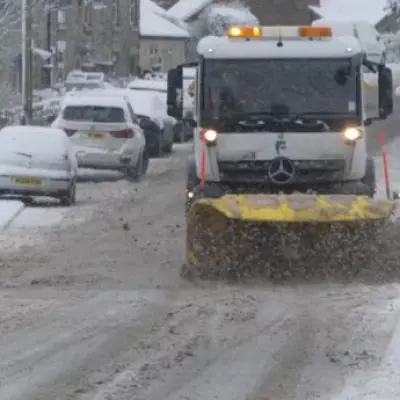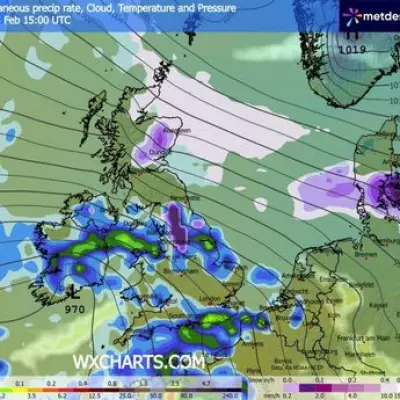
The NHS has issued an urgent health alert as influenza cases surge across the country, warning the public not to mistake a potentially dangerous flu symptom for a common cold.
Health officials are particularly concerned about the rapid spread of flu viruses during the current cold snap, with hospitals already reporting increased admissions of vulnerable patients.
The Critical Symptom Most People Miss
Many Britons are dismissing early flu symptoms as just "a bit of a cold," but medical professionals stress there's one key difference that should never be ignored.
Unlike a common cold, influenza typically strikes suddenly and severely, often described by patients as "being hit by a truck." The sudden onset of high fever, body aches, and extreme fatigue distinguishes flu from the more gradual development of cold symptoms.
Who's Most at Risk?
While healthy adults might weather the flu with relative ease, certain groups face potentially life-threatening complications:
- Elderly individuals aged 65 and over
- Pregnant women
- Young children
- People with underlying health conditions including asthma, diabetes, or heart disease
- Those with weakened immune systems
For these vulnerable groups, what starts as flu-like symptoms can rapidly develop into pneumonia or other serious complications requiring hospitalisation.
When to Seek Medical Help
Health experts advise contacting NHS 111 or your GP if you experience:
- Sudden high temperature that doesn't respond to paracetamol
- Difficulty breathing or chest pain
- Confusion or sudden dizziness
- Severe vomiting that prevents keeping fluids down
- Symptoms that improve but then return with fever and worse cough
"If you're in a high-risk group and develop flu symptoms, don't wait until it's an emergency," advises one NHS consultant. "Early intervention can prevent serious complications."
Protection and Prevention
While flu season peaks during winter months, it's not too late to take protective measures:
Frequent hand washing, avoiding close contact with sick individuals, and cleaning frequently touched surfaces can significantly reduce transmission risk.
Those eligible for free NHS flu vaccinations are strongly encouraged to take advantage of this protection, even at this stage in the season.
The health service remains prepared to handle the seasonal spike but urges the public to use services appropriately, reserving A&E for genuine emergencies while utilizing pharmacies and NHS 111 for advice on managing symptoms.





